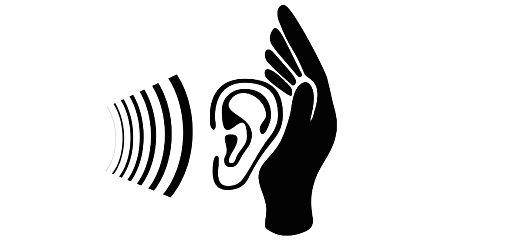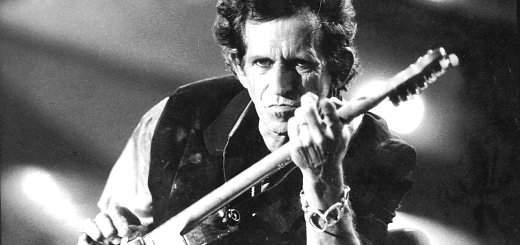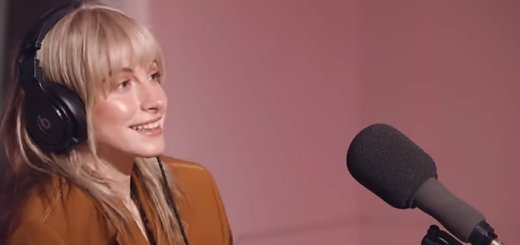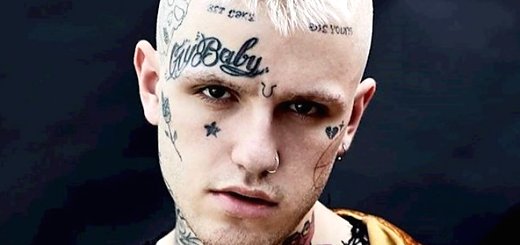Why are DJs abandoning nightclubs?
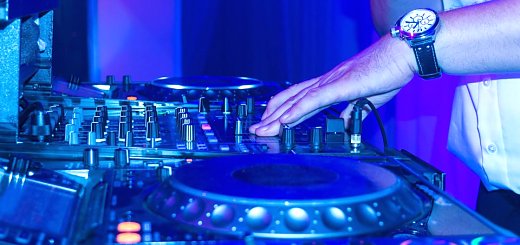
Many DJ are acutely aware of the mental and physical risks of the typical "DJ lifestyle", Mix Magazine says in an interesting article about a change in nightclubs post-Avicii. With a new and welcome transparency around artists’ mental health and addiction, DJs feel more at ease to make a big change. The other big thing is that much of the club scene has changed, in many cases becoming less a place of expression than of consumption: a circuit for DJs and artists, where the emphasis on ever-grander spectacle and production can alienate not only the crowd but the DJs from the music, eating away at the idea of the club as a place of subculture and resistance.

